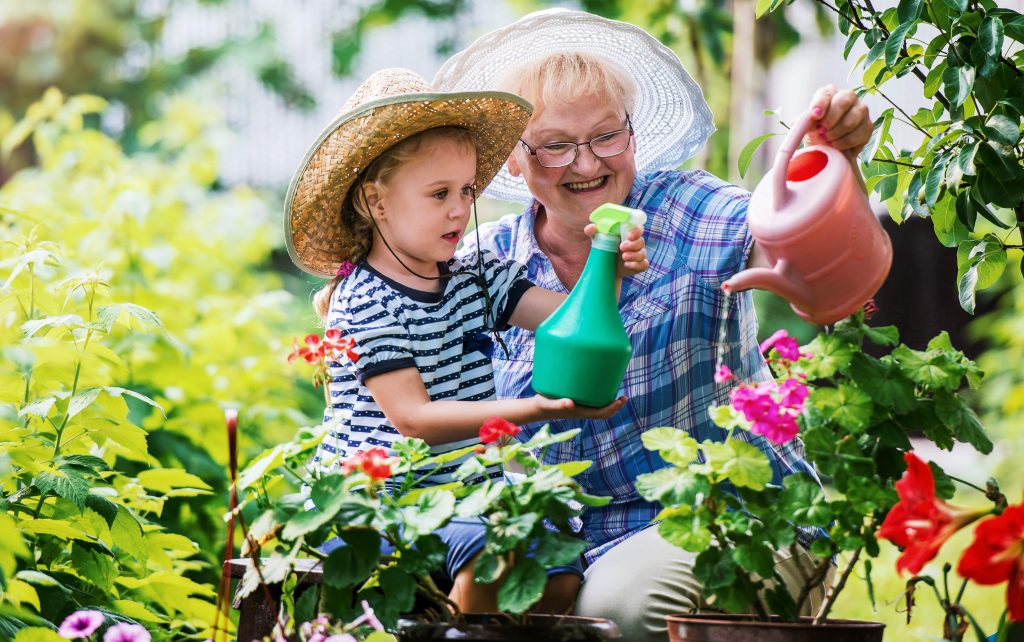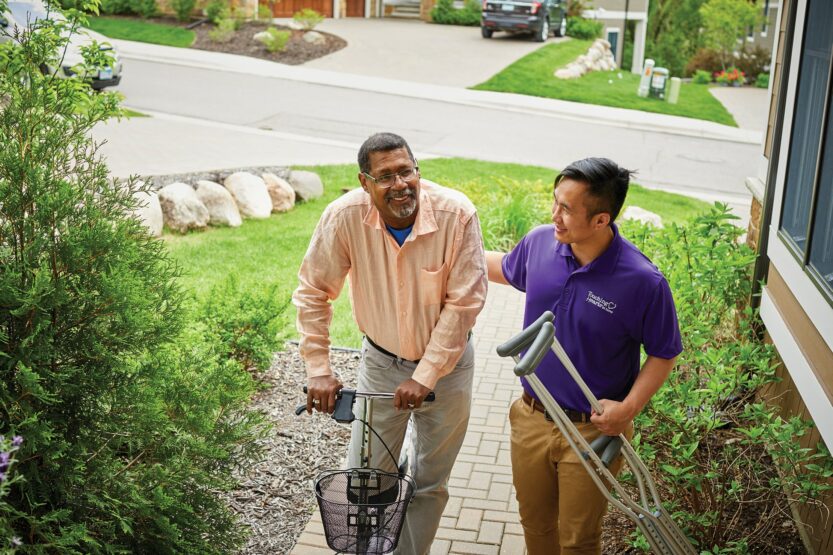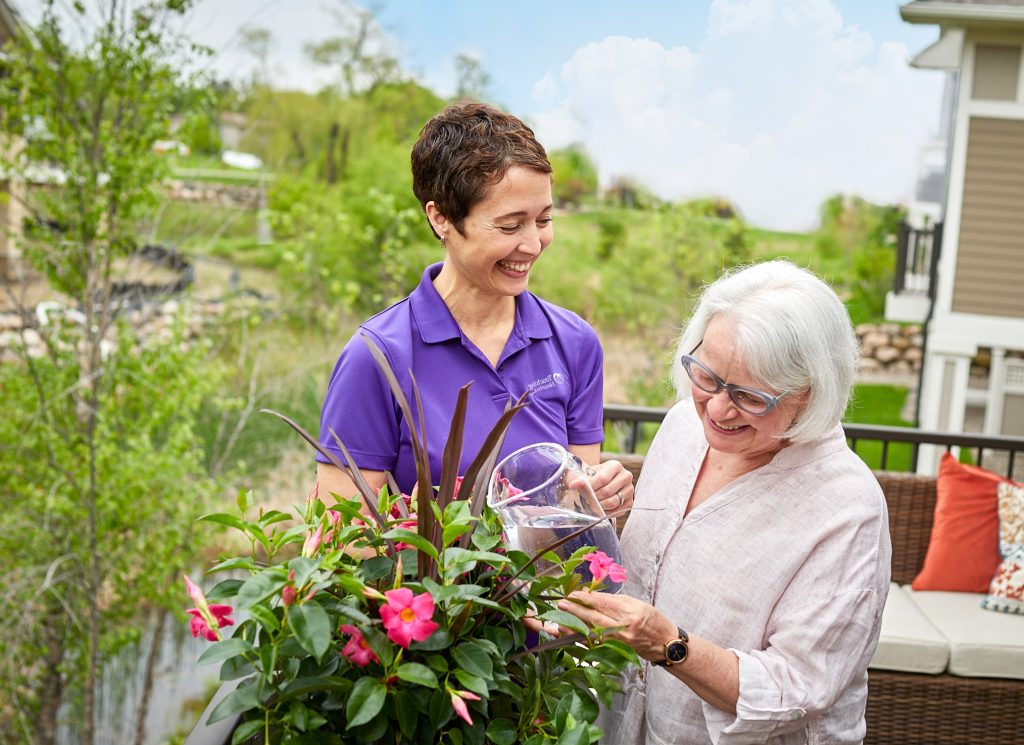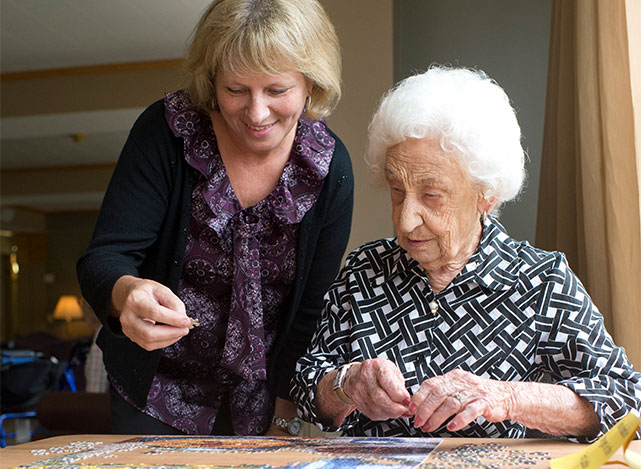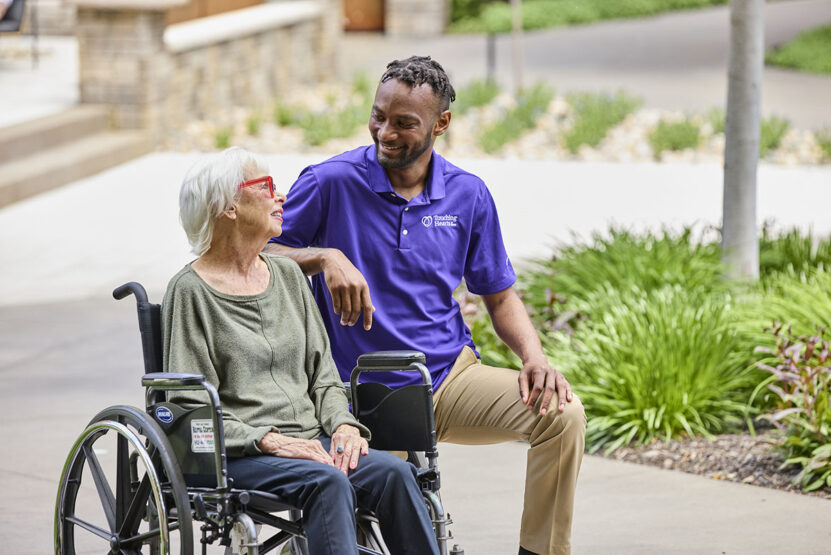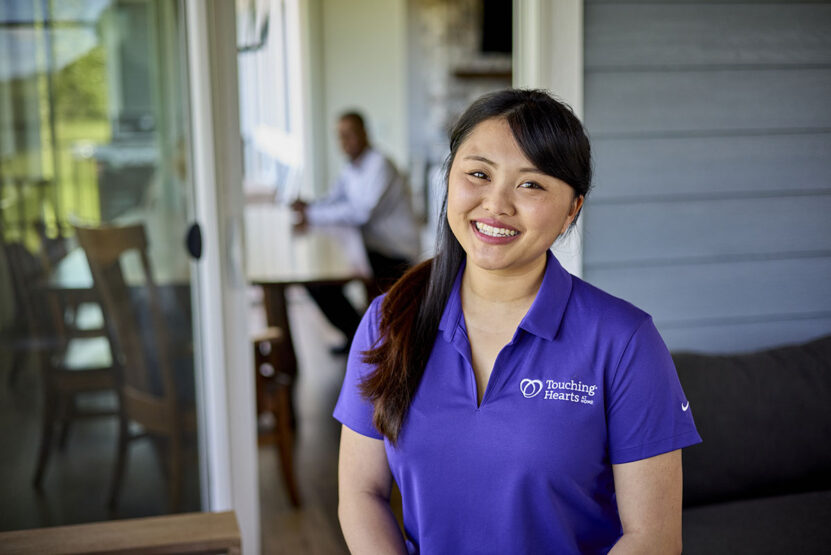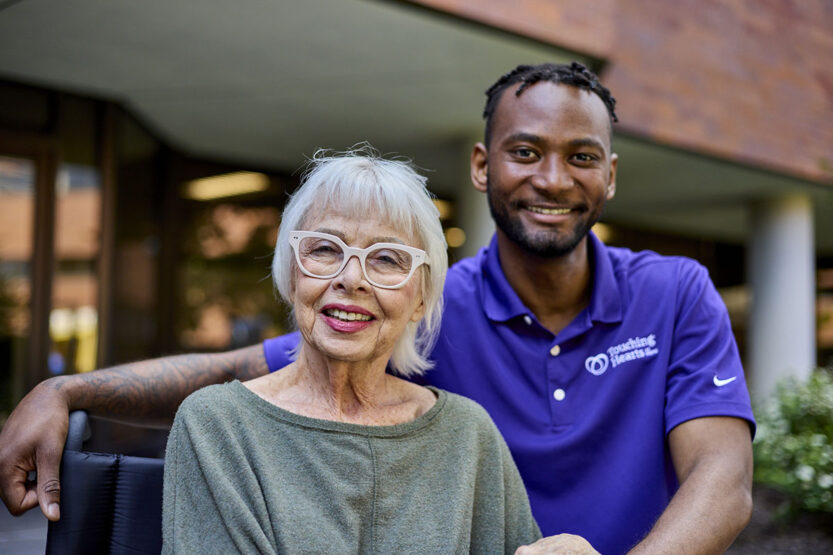The Importance of Hobbies for Seniors: Finding New Passions After 65
As we age, it’s natural for our routines to change, especially once we retire or have more free time. One of the most fulfilling ways to spend that time is by developing hobbies that spark joy, provide mental stimulation, and promote physical health. Engaging in activities you enjoy can make a big difference in your quality of life, contributing to both emotional well-being and overall health.
Why Hobbies Are Crucial for Seniors
Hobbies are more than just a way to pass the time; they can have significant benefits for seniors, both mentally and physically. They provide opportunities for social engagement, learning, and self-expression, all of which contribute to a positive, active lifestyle. Here’s why hobbies are important for seniors:
-
Boost Mental Health
Engaging in hobbies can reduce feelings of loneliness and depression, which are common among older adults. When seniors immerse themselves in a creative or enjoyable activity, it helps improve mood, reduce stress, and combat feelings of isolation.
-
Promote Cognitive Function
Many hobbies, such as reading, puzzles, or learning a new skill, provide mental stimulation that can enhance cognitive health. Research shows that keeping the brain active through activities like memory games, writing, or solving problems can help delay cognitive decline and promote sharper thinking.
-
Encourage Physical Activity
For seniors, staying physically active is key to maintaining mobility, strength, and overall health. Hobbies like gardening, walking, or dancing can help seniors stay fit while doing something they love. Physical activity helps prevent common health problems like heart disease, joint pain, and weight gain, all while improving energy and stamina.
-
Enhance Social Interaction
Hobbies can also provide opportunities for socialization. Whether it’s joining a painting class, a book club, or a community walking group, connecting with others over shared interests can reduce social isolation and improve mental well-being.
-
Provide a Sense of Purpose
Having a hobby to look forward to can give seniors a sense of accomplishment and purpose. It provides structure to the day and helps prevent feelings of aimlessness or boredom, leading to a more fulfilling and joyful life.
Popular Hobbies for Seniors
Finding the right hobby can be a fun and rewarding experience. Here are some popular and accessible options that can be tailored to personal interests and abilities:
-
Arts and Crafts
Engaging in creative activities such as painting, knitting, crocheting, or scrapbooking can be both relaxing and rewarding. These hobbies allow seniors to express themselves and create beautiful items, whether for personal enjoyment or as gifts for family members.
-
Gardening
Gardening is an excellent hobby for seniors, providing both mental stimulation and physical activity. Planting flowers, herbs, or vegetables not only encourages outdoor time but also allows seniors to feel a sense of accomplishment as they watch their plants grow.
-
Walking and Nature Outings
Walking is a gentle, low-impact activity that promotes cardiovascular health, flexibility, and overall fitness. Senior-friendly walking groups or nature outings can also be a great way to enjoy socializing while staying active.
-
Reading and Writing
Reading keeps the mind sharp and provides mental stimulation, while writing—whether it’s journaling, poetry, or creative stories—offers an outlet for self-expression and creativity. Book clubs are also a great way to enjoy literature and discuss ideas with others.
-
Cooking or Baking
Cooking and baking can be enjoyable and rewarding hobbies that also offer the chance to try new recipes and share meals with family and friends. These activities allow for creativity in the kitchen while also supporting healthy eating habits.
-
Music and Dance
Music, whether it’s learning to play an instrument or simply listening to favorite tunes, has long been shown to enhance cognitive function and elevate mood. Dance, especially gentle forms like ballroom or line dancing, can improve coordination, balance, and social engagement.
-
Volunteering
Volunteering provides a meaningful way for seniors to contribute to their community. Whether it’s mentoring, helping at a local food bank, or assisting at animal shelters, volunteer work offers a sense of purpose and connection with others.
-
Puzzles and Brain Games
Puzzles, crossword games, Sudoku, and other cognitive challenges help stimulate the brain, improve memory, and enhance problem-solving skills. Many seniors find these activities enjoyable and beneficial for maintaining mental sharpness.
Finding New Passions in Retirement
It’s never too late to start a new hobby, and retirement can be the perfect time to discover activities that you might not have had time for earlier in life. The key is to stay open-minded and explore different interests. Joining community classes, online groups, or local clubs can help you find new passions, while also meeting like-minded individuals.
Get Started with Your New Hobby
If you’re ready to dive into a new activity, start small and choose something that excites you. Whether you want to take a cooking class, start gardening, or explore new literature, there’s a world of hobbies to explore. The important thing is to have fun and enjoy the process.
Find the Closest Touching Hearts at Home Location to You
At Touching Hearts at Home, we understand that seniors thrive when they stay engaged in meaningful activities. If you or your loved one is looking for support with daily activities or companionship while pursuing hobbies, we’re here to help. Find the closest location to you to learn more about our in-home care services designed to support seniors as they live life to the fullest.
Disclaimer:
Touching Hearts at Home is a non-medical provider. The suggestions and recommendations shared in this blog post are not intended to replace professional medical advice. Always consult with your healthcare provider or doctor to address specific medical concerns.

